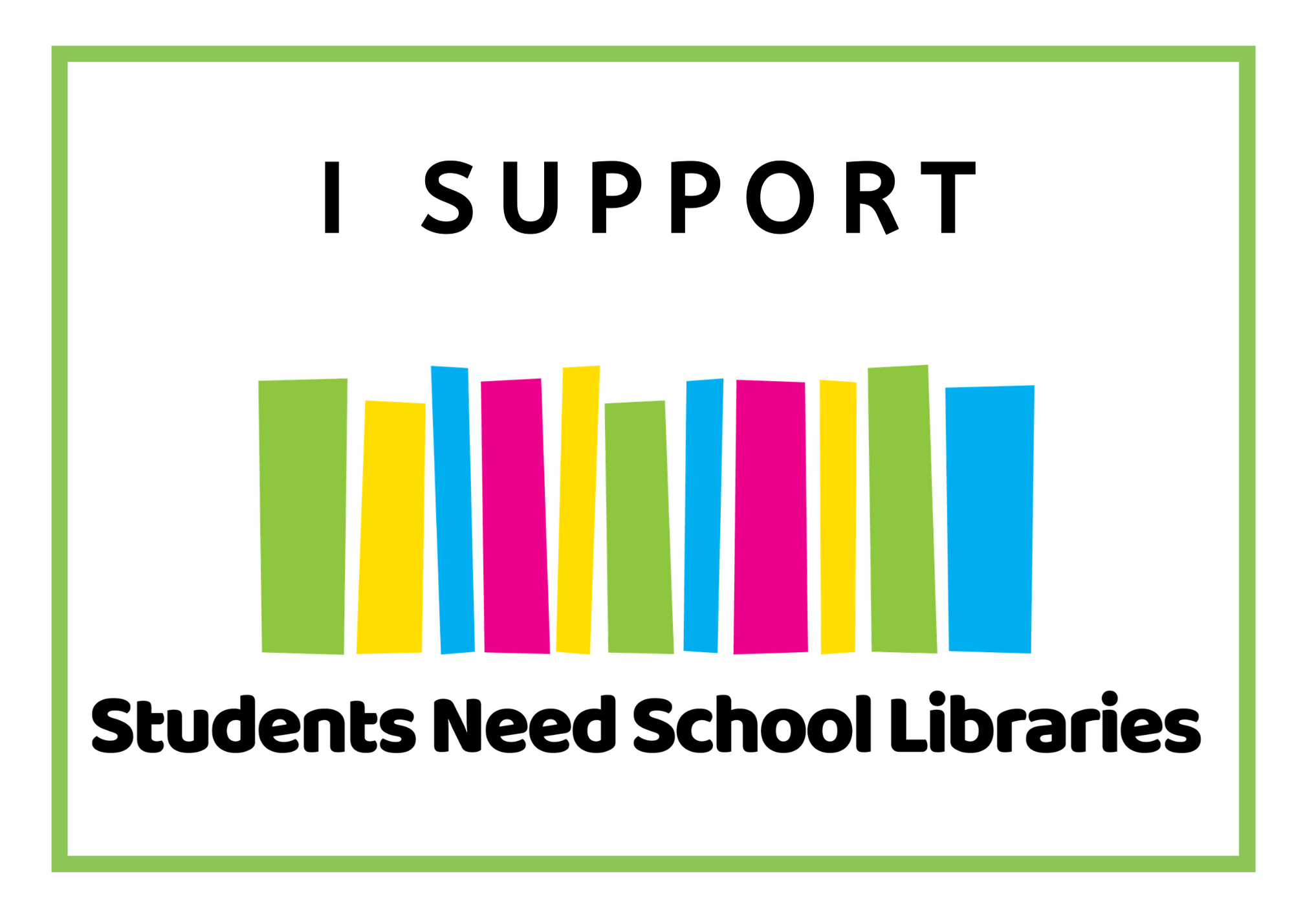Cultivating Innovation in the School Library
School libraries need to be places of innovation. They and their staff must innovate to remain current in a rapidly evolving world. They need to embrace new innovations and trends. They need to support staff to look for innovative ways to educate. And they need to provide a space for students to learn to be innovative thinkers, solve problems, approach life creatively and constantly strive to add value to the world. I wrote last time about what innovation is, what it looks like in an education and school library setting, and why it’s important. In this post, I’ll share some of the elements to foster in your school library to cultivate innovation.
Take risks
Innovation requires taking risks. Stepping beyond the expected or doing something without knowing what the end results will be. Sometimes, in a school library, taking a risk is the last thing you want to do. Risk is best undertaken from a safe and secure environment, not a place many school library staff find themselves. If you are not comfortable taking a big risk or unsure of leadership support, find opportunities for new initiatives through the relationships and connections you have within the school (Bentley, et al., 2016). Innovation can happen within these areas and with people you know who will take on that risk alongside you.
Leadership and leading change
If you are going to innovate, you need to be able to bring your team or the teams of people you work alongside, on the journey with you. Leading change, particularly behaviour change, can be extremely difficult. Increase your leadership skills, learn more about managing change, and involve all members of your team and community in the ideas and push for innovation so they have buy in. Remember, innovation does not always require leading from the front, you can bring great innovation no matter what role you have.
Professional Development
Continuing to develop our professional practice is key to leadership and innovation. Being exposed to new ideas will make you more likely to give new things a try in your own space. It’s also important to monitor trends in the school library sphere, best done by connecting with and sharing ideas with others in the profession. Up-skilling and learning may help give you the confidence to implement new ideas. Schedule a reminder or subscribe to a few sources who provide professional development to establish ongoing engagement or draw upon your professional learning network for inspiration.
Record, collect data and maintain evidence
It’s important to collect data through every step you take. Measure your library at a starting point and then again at intervals while you continue to try new ideas and approach your practice creatively. Having this data will let you see if the ideas you are implementing are having a positive impact on your library and its users. Data can come in many forms, from loan statistics, patron or class visits, survey results, anecdotal data, social media followers and more. Maintain a record of proposed ideas and successes that provide evidence for impact.
Look beyond the library
A great place to get ideas is to look beyond the library into other sectors for inspiration. You might look to public or academic libraries for program ideas, health sectors for information on how to best reach people and change behaviour, bookshops for promotion and display ideas, book influencers for tips on social media skills, or the business and marketing world for ideas on how to reach your students and market your services. Be open-minded when exploring what other industries are doing and what works for them.
Just try something
At the end of the day, the only way to innovate is to start and to try something. If you are not sure where to start, try these steps and questions.
Reflective Questions
Start with reflective questions and look at your current successes, weaknesses, and areas for opportunity.
What do we want to do?
Who will benefit?
Who can we involve?
How can we make it happen?
Where will the time and resources come from?
What impact will it have?
Create a space to write down your ideas and track these, the things you implement and what impact they have. Then share it, with your school community and the school library profession. Who knows what you might innovate.



Leave a Reply